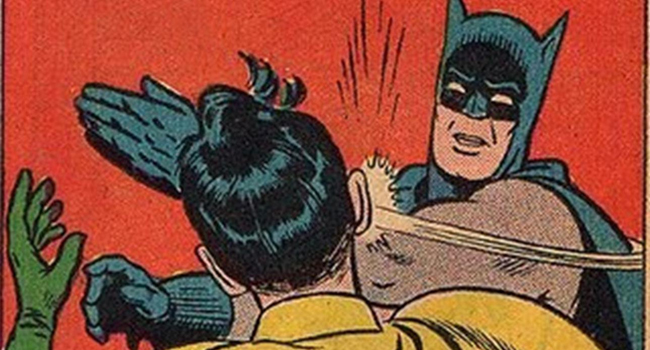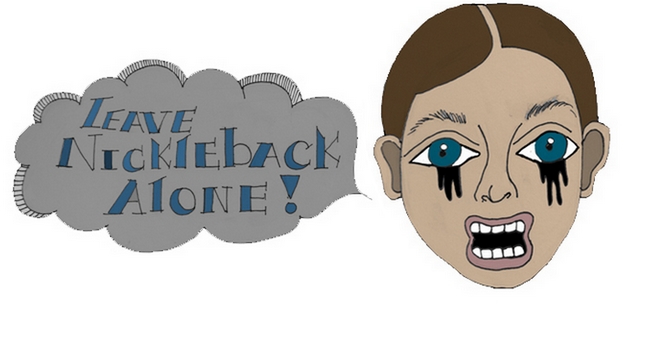The MTV era is pretty much over. Teenagers who bore witness to video killing the radio star either have kids or book deals by now. Mainstays such as “TRL,” “Alternative Nation” and “Headbangers Ball” are long gone. A generation of kids who were too young to deal with the first few seasons of “The Real World” control the music conversation now, for better or worse. And while the Internet and its satellite services (Napster, LimeWire, iTunes and now Spotify) have served to make this generation more informed, that information has diminished the importance placed on the so-called zeitgeist. In an age where an artist’s debut LP usually means they’ve jumped the shark from their early singles, a chronicler like MTV seems antiquated and pointless.
The Now That’s What I Call Music! series releases its 40th volume this year, marking a journey of registering the state of pop for more than 13 years. Its UK counterpart has persisted nearly as long as MTV (at 80 volumes during almost 30 years), and the stateside brand of pop mixtape can still be bought via 1-800 number commercials on Nickelodeon Teen. The compilations received an episode-by-episode recap from episode-by-episode recap specialists The A.V. Club, with writer Nathan Rabin taking a sort of cultural temperature with each passing volume, noticing how trends have changed based on what we truly perceive to be “pop culture.” With precious few exceptions (Radiohead on Volume 1, Foster the People on this most recent), hip/nerd/blogger culture has failed to invade this last bastion of the mass-music consumer. Volume 40 heavily emphasizes the modern frat-boy-goes-to-club normality currently “sweeping the nation”: co-opted eurotrash (Dev’s “In the Dark” or Alexandra Stan’s “Mr. Saxobeat”), brainless hip-pop (Jason DeRulo’s “It Girl”), and less important singles from iTunes chart toppers (Lady Gaga, Britney Spears, Maroon 5, Lady Antebellum).
But even now, as the derided demon of the charts slouches on further to a future in which the radio is completely unlistenable, the Now series is starting to show its bones.
While “Moves Like Jagger” has dominated the charts, the esoterica populating this compilation is less of the No. 1 hit variety and more of the tossed-off, soon-to-be-forgotten variety; doesn’t seem like we’re getting any “… Baby One More Time”s in this batch, unfortunately. That’s easily explainable, since every quarter-year can’t always have a bonafide chart monster. But more interestingly, when one goes back and views previous, even initial, Now entries with these b-side-to-the-hits glasses, the driving forces behind the monolithic and seemingly unquenchable series show themselves.
The scene-codifying singles club curated by Sub Pop had a definitive mission statement: bring underground to America. Even MTV had a calling card for a while (hint: it’s in the name). Whatever lords of the underworld (or label executives) curated these gaudy monstrosities of pop culture paraphenalia certainly don’t belong to a tight-knit scene of loyal compatriots. But what they all share, other than an ear for artistic derivation, is a product: singles and a wealth of ones they want to attach to their equals and betters. To a listener who doesn’t want to worry about deciding whether Pitchfork’s Best New Music review this week is being written out of self-gratification or general enjoyment of the music, Now presents an easy $10 purchase to a world of unthinking pop. Sure, nobody’s ever going to mistake The Script’s “Nothing” for “I Gotta Feeling,” but because it’s sandwiched between Nickelback and Lady Antebellum, it gets a stamp of approval.
The key to a great mixtape is elevating the middling tracks by surrounding them with great ones; rarely anything on Now could ever be described as great, but the rule holds.
The Internet gives many a false sense of what is important. Now That’s What I Call Music is a reminder that yes, people still buy James Patterson or Nicholas Sparks novels. Yes, some people genuinely think Michael Bay is a good filmmaker. And yes, some people just want to have a tangible chronicling of the music playing when the guy with the pastel polo shirt took her home and didn’t throw up on her shoes. Now is, and always will be, derivative. But being that derivative pop culture is now a culture unto itself, at least the Now series has chronicled it accurately.



